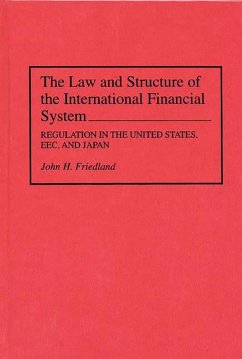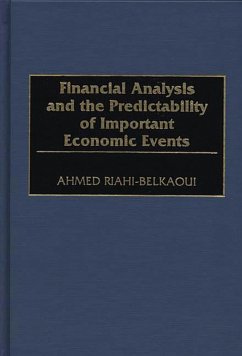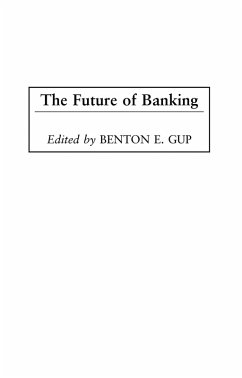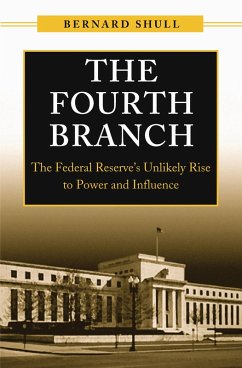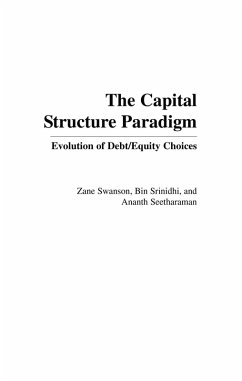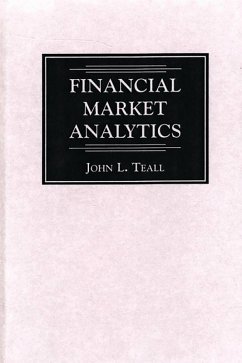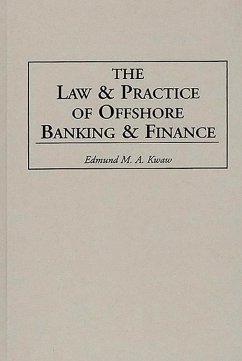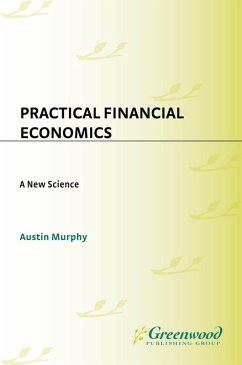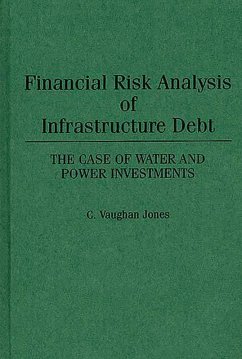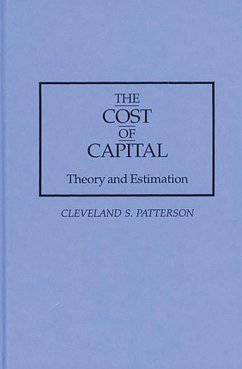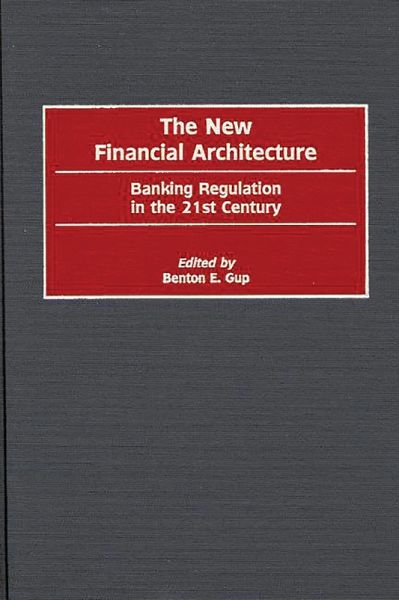
The New Financial Architecture (eBook, PDF)
Banking Regulation in the 21st Century
Versandkostenfrei!
Sofort per Download lieferbar
58,95 €
inkl. MwSt.
Weitere Ausgaben:

PAYBACK Punkte
29 °P sammeln!
Bank failures, crises, global banking, megamergers, changes in technology-the effect of these world events is to weaken existing methods of regulating bank safety and soundness, and even to make some methods ineffective. Federal regulators are evaluating new ways to solve them. Dr. Gup and his panel of academics and regulatory professionals explore these problems and the difficulties in implementing solutions. They point out that global banking, megamergers, and changes in technology are drastically altering the way financial services are delivered. They also argue that existing methods of ban...
Bank failures, crises, global banking, megamergers, changes in technology-the effect of these world events is to weaken existing methods of regulating bank safety and soundness, and even to make some methods ineffective. Federal regulators are evaluating new ways to solve them. Dr. Gup and his panel of academics and regulatory professionals explore these problems and the difficulties in implementing solutions. They point out that global banking, megamergers, and changes in technology are drastically altering the way financial services are delivered. They also argue that existing methods of bank regulation, formulated in the United States and elsewhere as early as the 19th century, are not able to cope with these changes. The search now underway for new methods that are global in scope. Inevitably, they will involve cross-border supervision and international cooperation. Covering a wide range of topics, from the rationale of banking regulation to optimal banking regulation in the new world environments, this book examines the innovative tools needed to cope with these problems. Greater reliance on market discipline; the use of internal controls based on statistical models, such as Value-at-Risk; and subordinated debt are discussed. This timely, probing analysis of one of the hottest topics in bank regulation today, is an important resource for professionals and their academic colleagues in the fields of banking, finance, investment, and world trade.




